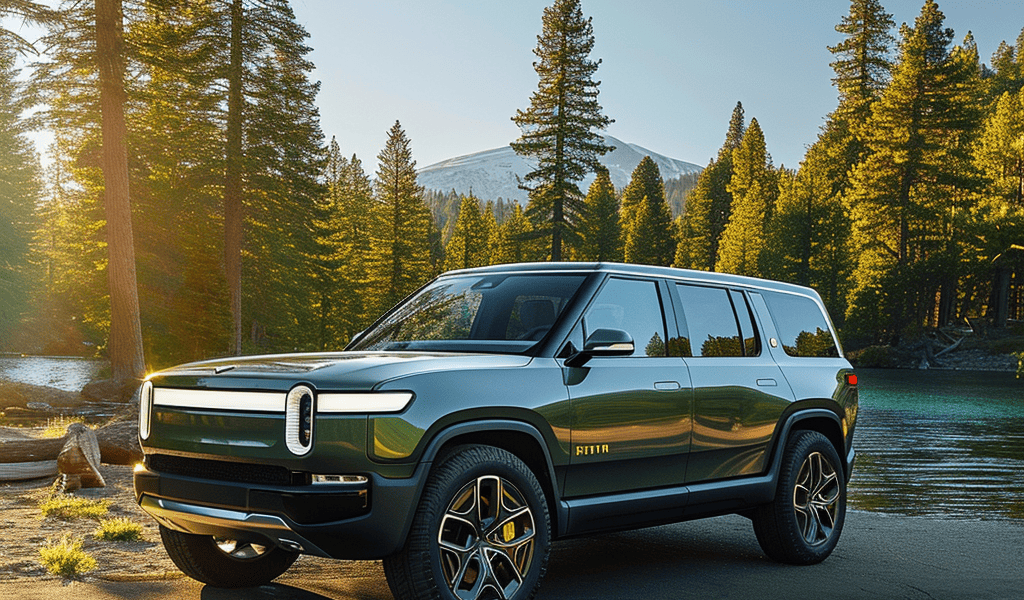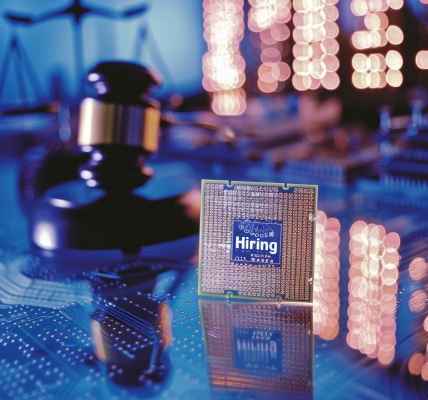Rivian, the electric vehicle manufacturer, has recently released its first-ever environmental and social impact report, outlining its commitment to reducing the carbon footprint of its next-generation electric vehicles. The company aims to develop vehicles that are even less polluting than its current generation, with the goal of launching a product by 2030 that has half the lifecycle carbon footprint of its 2022 R1 vehicles.
The term ‘lifecycle carbon footprint’ encompasses all greenhouse gas emissions, both direct and indirect, associated with a product’s activities, including production, operation, and charging, from conception to disposal. In order to achieve this ambitious goal, Rivian plans to increase the use of recycled materials in its vehicles, targeting a minimum of 70 percent recycled content in steel and aluminum parts, and a minimum of 40 percent in recycled and bio-based content in polymer materials by 2030.
Rivian is expected to unveil its next-generation R2 vehicles later this year, with an anticipated production date of 2026. The company has hinted that one of the initial vehicles will be a smaller SUV priced between $40,000 and $60,000, significantly lower than the current lineup of R1 vehicles that start at around $80,000.
In its efforts to reduce carbon emissions, Rivian also plans to significantly increase its use of renewable energy. The company has committed to running its factory in Normal, Illinois, and all its facilities on 100 percent renewable energy by 2030. Additionally, Rivian’s charging network, which currently consists of 64 stations and 385 chargers nationwide, operates on renewable energy.
Rivian has adopted various strategies, including virtual power purchase agreements, to fulfill its environmental objectives. The company is investing in renewable power projects, such as an 800-megawatt solar field built on a former coal mine in Kentucky and another solar project in Paris, Tenn. These purchase agreements, termed ‘virtual’ because the clean energy does not directly power Rivian’s electric vehicles or facilities, contribute to creating a market for renewable energy.





